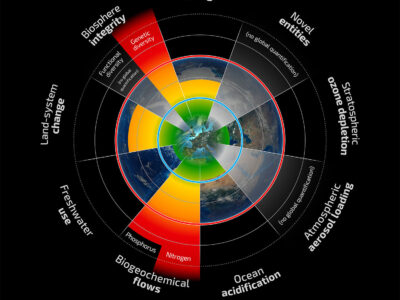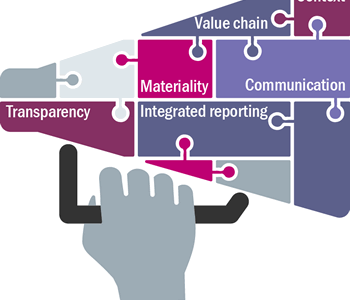Context and Capitals
Corporate sustainability must recognise the planet’s limits, sustainable context describes the ‘safe space’ for activities. What does it mean for you?

Corporate sustainability must recognise the planet’s limits, sustainable context describes the ‘safe space’ for activities. What does it mean for you?

Incrementalism and transformation are often seen as divergent paths yet they may actually be the long and short term outcomes of the same journey.

Need to embed sustainability in your company? Sustainability practitioners need to influence far beyond their role, here are four key success factors.

If you are a sustainability practitioner and attend events on the topic – do you know how those events recruit speakers? Do speakers have to pay-to-play?

Instead of arguing about irrelevant details on topics we agree upon, isn't it logical to stop seeking total agreement and aim for minimum consensus?
There is plenty of evidence out there for sustainability and financial out performance, we must use such evidence to take us towards a brighter future.
For sustainability to really mean something, sustainability context is everything. How can companies start to place their activities within the big picture?

A review of global sustainability reporting trends based upon entries to the CRRA15 Sustainability Reporting Awards

Entropic Valuation is a “solar unit in – utilisable energy unit out” approach. It can compare how efficiently sunlight transforms to usable energy.

Entropy applies without exception to all activities and processes. Is it the meta metric to measure and drive a circular economy?

Can sustainability standards drive the innovation we need for a sustainable future?
Companies can use stakeholder engagement to gain strategic insight, spot risks and identify issues that might just come back to bite them.
